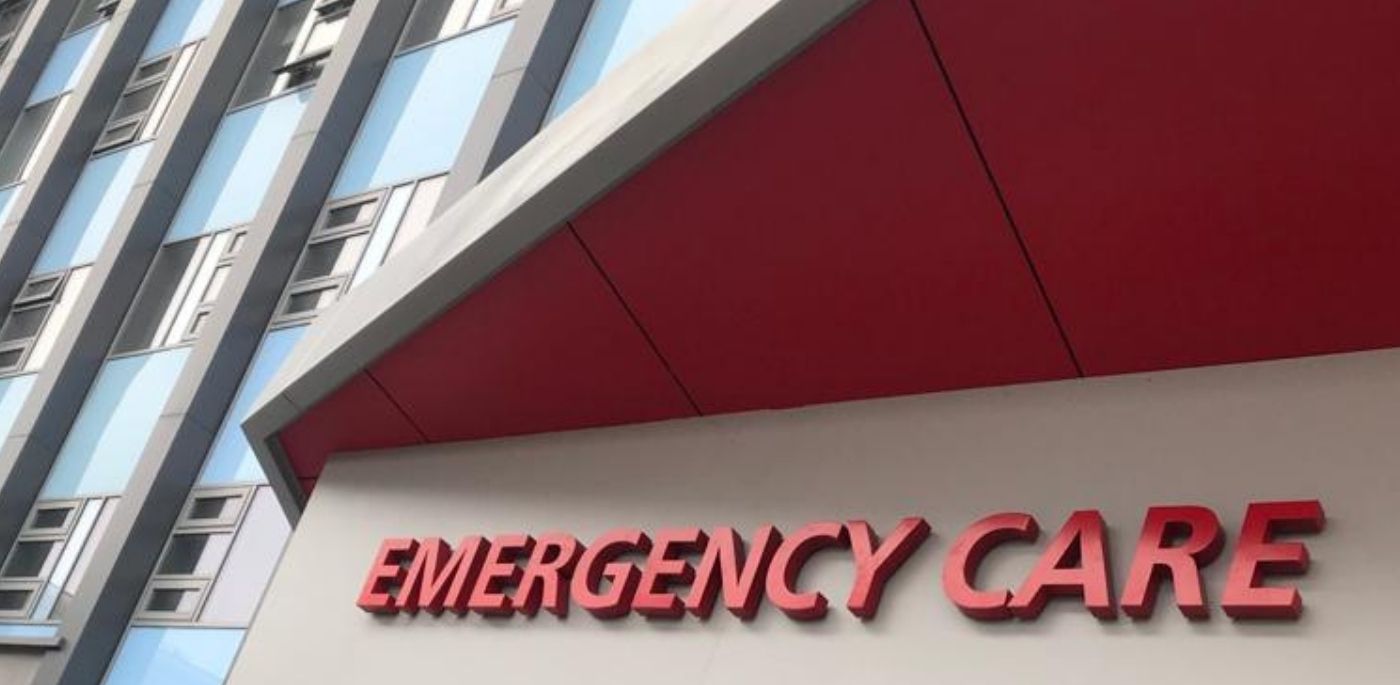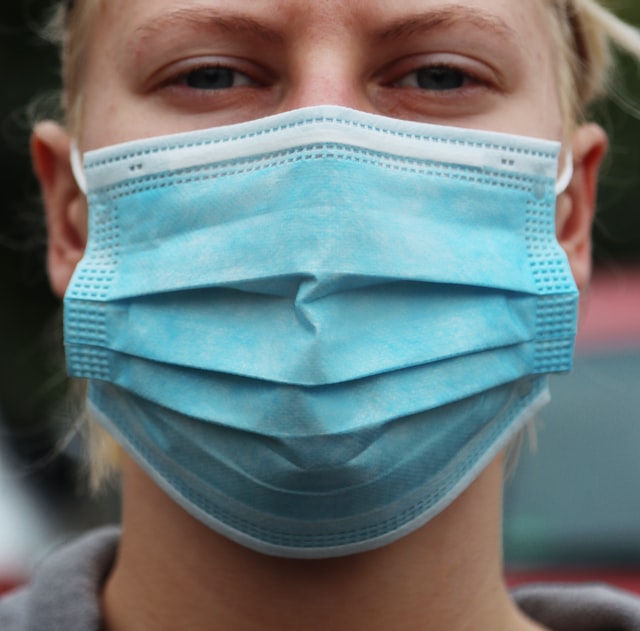Hull Hospitals are here, by your side when you need them, from the delivery of exceptional care, to supporting families and loved ones. They are a team we can truly depend on when we need them most. Many of us will have our own story to tell on how hospital staff have touched our lives and gone above and beyond to make a difference.
WISHH, the official charity of Hull Hospitals, has launched a new ‘By Your Side Appeal’ to raise £40,000 to enhance parental accommodation as part of a major redevelopment project at Hull Royal Infirmary. The project includes expanding the number of family rooms for parents and carers of the area’s sickest children that are being cared for at the hospital.
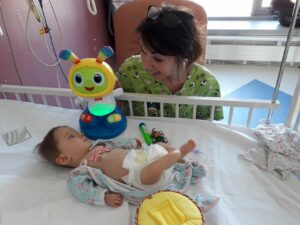
Each year, Hull University Teaching Hospitals provides care for approximately 49,000 babies, children and young people with a variety of health problems, conditions, and other childhood illnesses. They range from those who are critically ill and who stay in the High Dependency Unit for care with cancer, complex needs or other significant disabilities, as well as premature babies cared for within the Neonatal Unit. A number of these babies and children need to stay in hospital for an extended period of time, placing additional pressures on their families.
It has been a long-term ambition of Hull Hospitals to expand upon the provision of accommodation for parents and carers, which will enable them to stay close by the side of their child whilst their child is receiving treatment. The development project will double the existing capacity from four rooms to nine. The WISHH Charity is asking members of our community, local businesses and fundraisers to get involved in this appeal to ensure the new rooms provided are as welcoming and comfortable as possible for families, to include furnishings and distraction items for siblings, making it a home-from home environment, during such challenging times.
The campaign launch has received a fantastic start with Home Bargains providing an initial sum of £12,000 in support. They have committed to continue fundraising across their stores in Hull and Scunthorpe.
Mike McDonald, Area Manager of Home Bargains said, “As a result of the generosity of our customers donating their change at tills in our stores and our staff taking part in fundraising activities, we can make this fantastic donation to kick-start the fundraising for this great appeal. We are delighted to continue our support of this appeal and encourage others to get involved too.”
This purpose-built family accommodation will be located in a self-contained area on the same floor of Hull Royal Infirmary as the High Dependency Ward. It will enable families to stay close to their ill child, shower and recharge, and have facilities to make refreshments, which will make a tremendous difference to the families, the child receiving care and other family members.

Sister Anne Dalby
Sister Anne Dalby of Ward 130 and the High Dependency Unit said, “This accommodation will make a massive difference to the families of patients cared for on our ward and the Neonatal Intensive Care Unit, especially for babies and children needing longer term care and their families who do not live near the hospital. We provide care to babies and children from across Hull, East Riding and the wider region.
“The new facilities will enable parents and carers to get a proper rest and a break in tranquil and comfortable surroundings away from the clinical area, yet still be close to their child. The psychological benefits it will provide for families, to be in close proximity to the ward, where a nurse can get them if they are urgently needed will provide reassurance and will have a beneficial impact on the overall mental health and wellbeing of families.
“Due to current Covid restrictions we currently can only accommodate one parent per child and this new facility will enable both parents and carers to be there, taking it in turns to visit the ward and enabling family time. It will also enable siblings and families to come together on special occasions.”
Caroline Horler, parent said, “You cannot under estimate the importance of parents’ facilities on a children’s ward. I have spent many weeks over a period of many years in hospital with my daughter. To be able to recharge your batteries, have a shower and rest whilst always being close to your child makes so much difference and will help alleviate the stress parents are already going through. This facility will also provide space for a parent to spend some time with siblings as not everyone has family support close to hand.”
To support the appeal visit https://justgiving.com/campaign/ByYourSide Donations can also be made via cheque made payable to WISHH Charity, posted to WISHH By Your Side Appeal, WISHH Office, First Floor Administration Building, Castle Hill Hospital, Castle Road, Cottingham, HU16 5JQ. Donations can also be made via Bacs transfer, contact the WISHH team for further information hyp-tr.hellowishh@nhs.net or call us on 01482 622299.
Any amount large or small will be welcomed and help us achieve our target. If, however, you wish to contribute to a specific item, or sponsor a room this can be arranged. To discuss in more detail please contact Lisa Whitton lisa.whitton3@nhs.net or call on 01482 622299 or mobile 07827 881766.
Background of the scheme
Ward 130 and the Paediatric High Dependency Unit are currently based on the 13th floor of the tower block at the Hull Royal Infirmary. The project is part of a major transformation of Hull Royal Infirmary. The new three-story extension at the front of the hospital, in part facilitates the relocation of the paediatric wards to the second floor. This change will not only make access to these wards much easier, but it will also enable paediatric medical staff to move more quickly between the main building to the Women and Children’s Hospital.

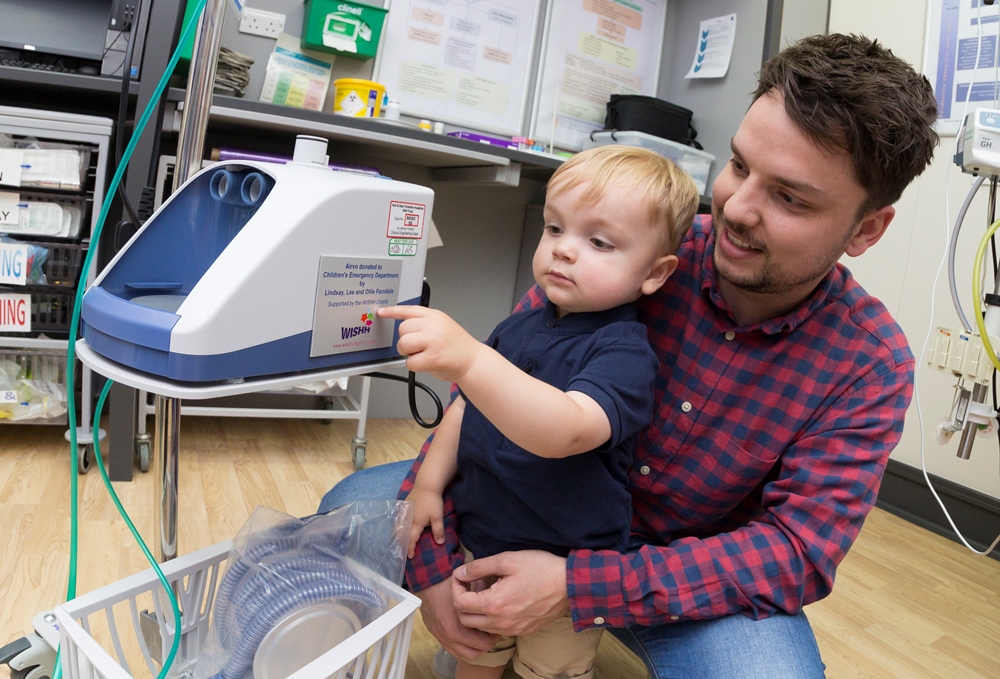
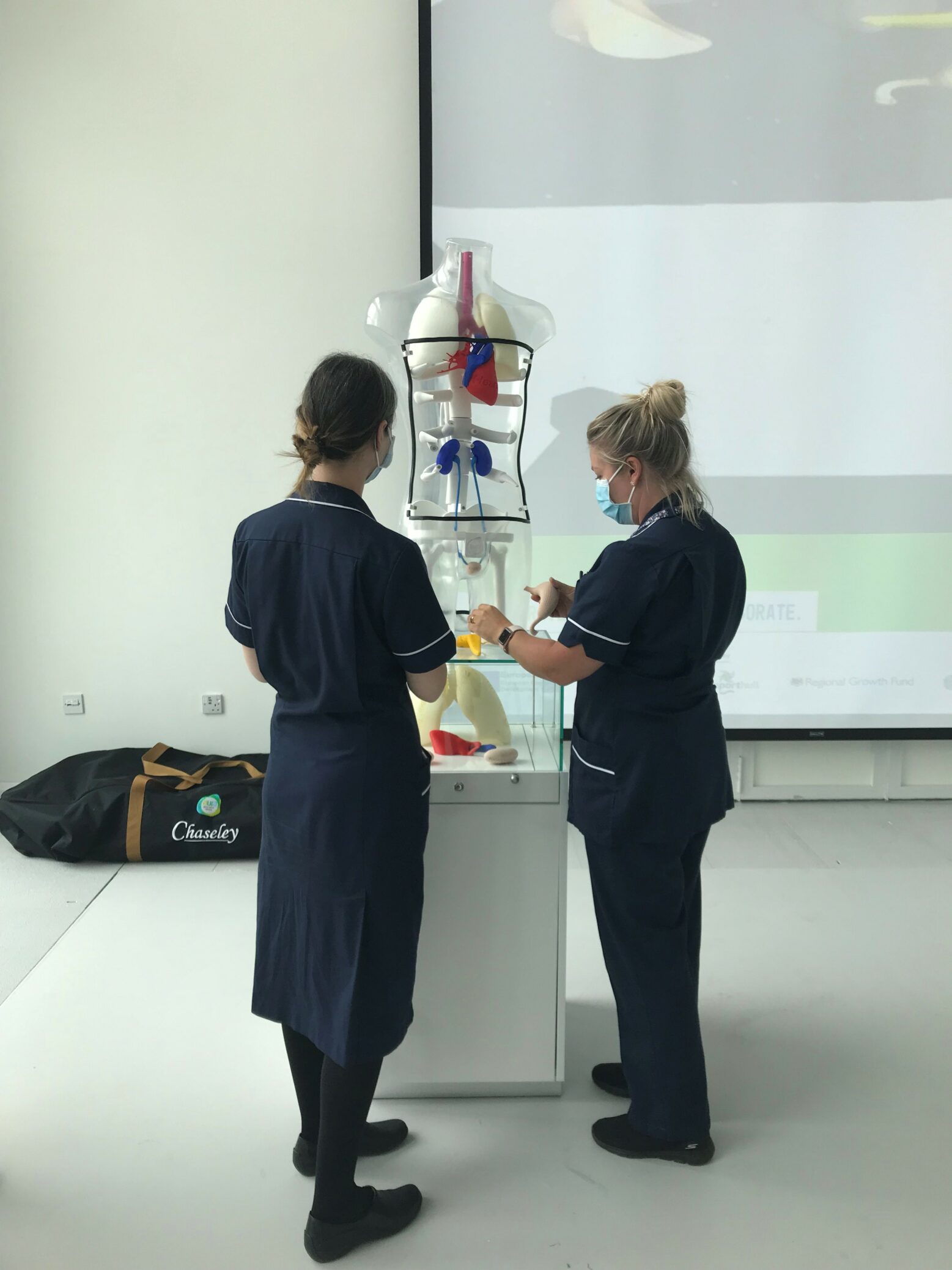
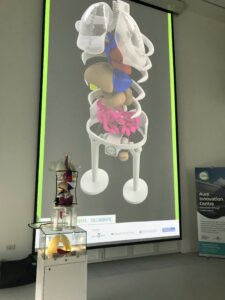 The 3D torso, which cost more than £3,000, was funded as part of NHS Blood and Transplant’s mission to promote education and awareness about the importance of organ donation and was created by the design team at Aura Innovation Centre, part of the University of Hull.
The 3D torso, which cost more than £3,000, was funded as part of NHS Blood and Transplant’s mission to promote education and awareness about the importance of organ donation and was created by the design team at Aura Innovation Centre, part of the University of Hull.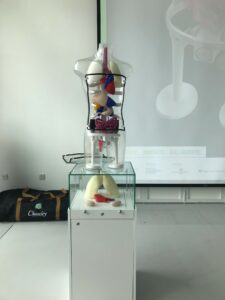
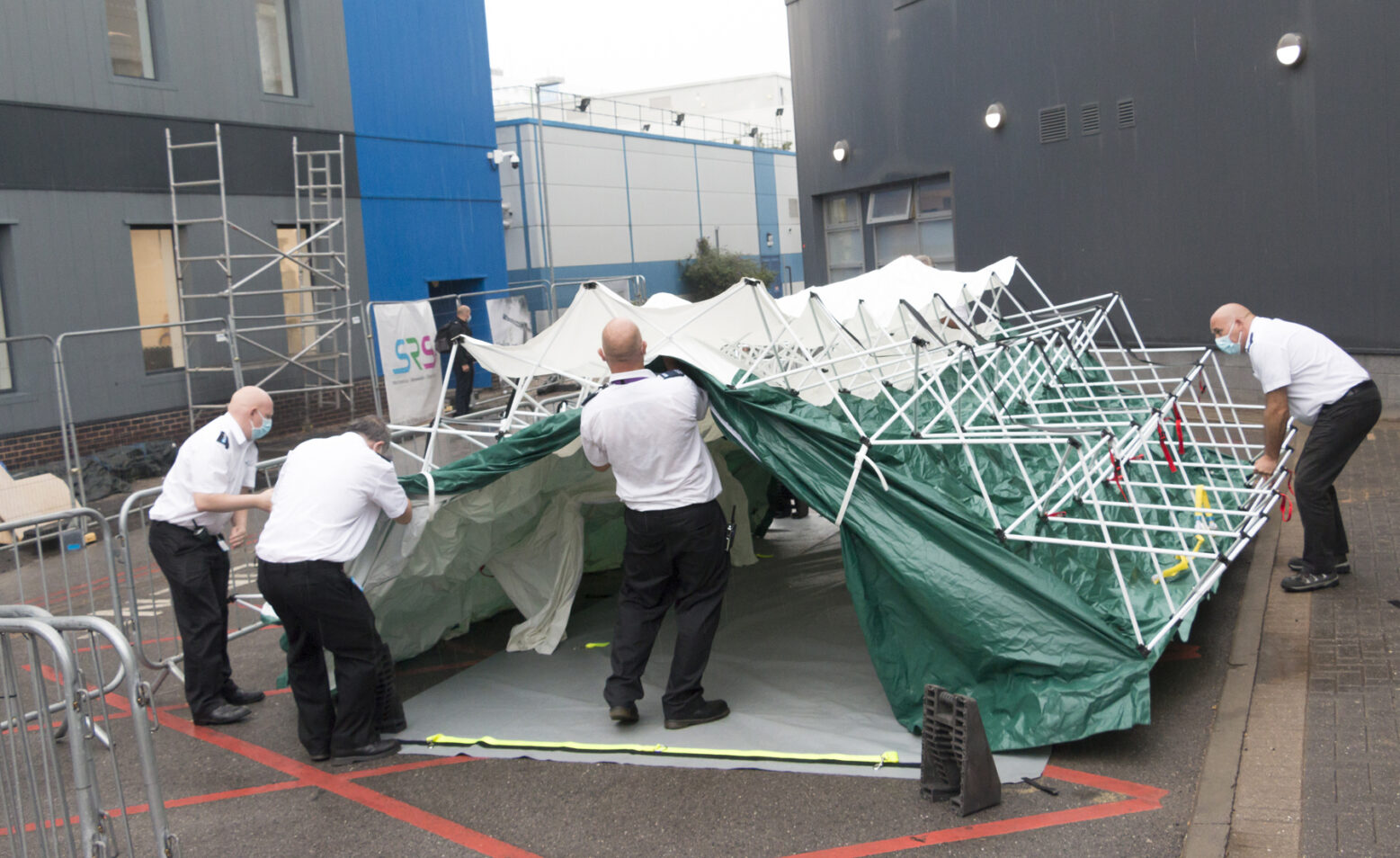
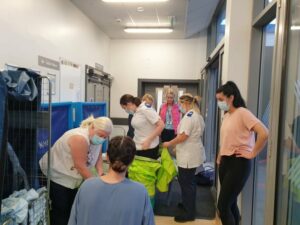 Operation Hoddle was set up by Hull University Teaching Hospitals (HUTH) to test staff’s response to a chemical or hazardous waste accident.
Operation Hoddle was set up by Hull University Teaching Hospitals (HUTH) to test staff’s response to a chemical or hazardous waste accident.


